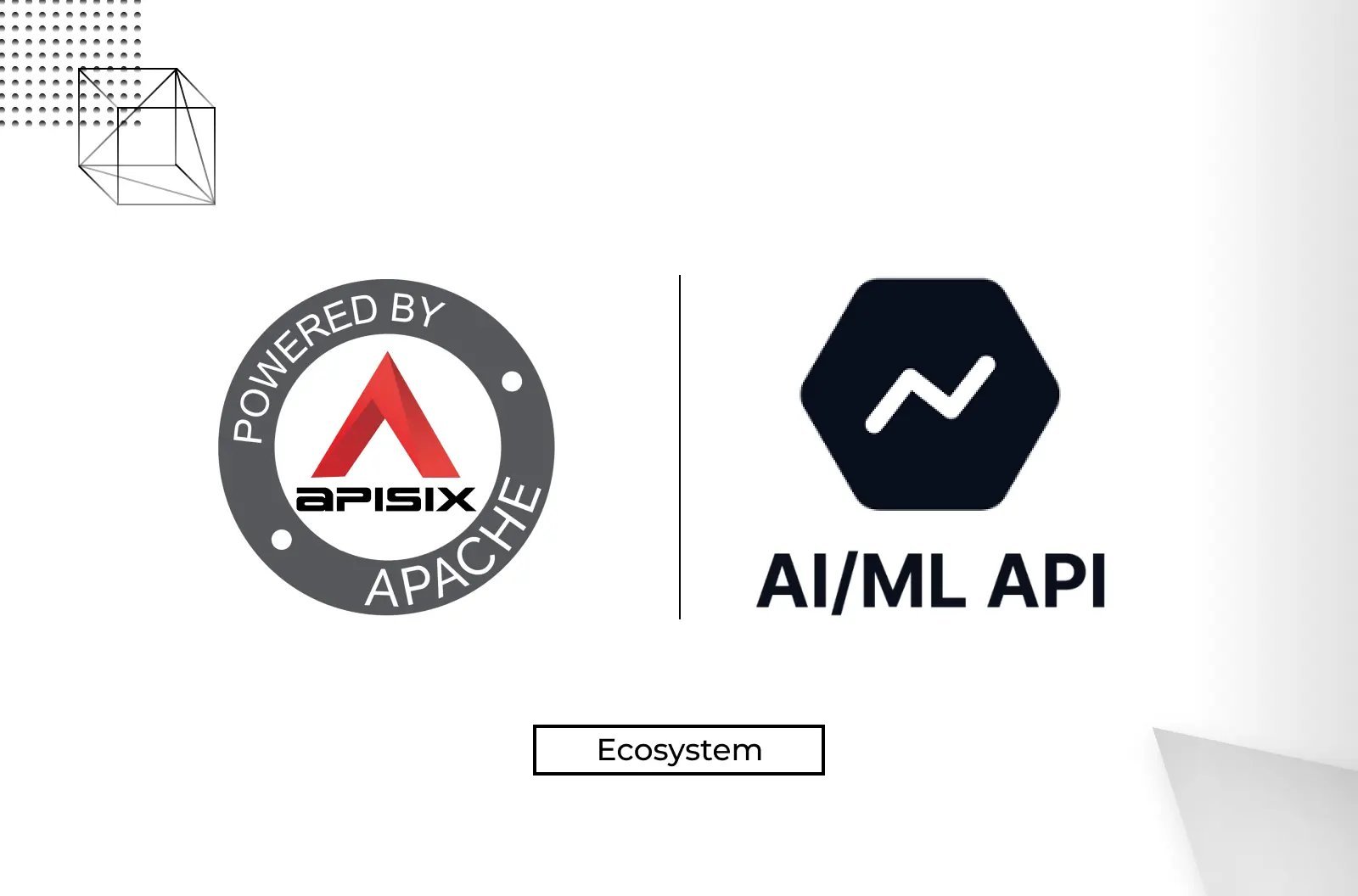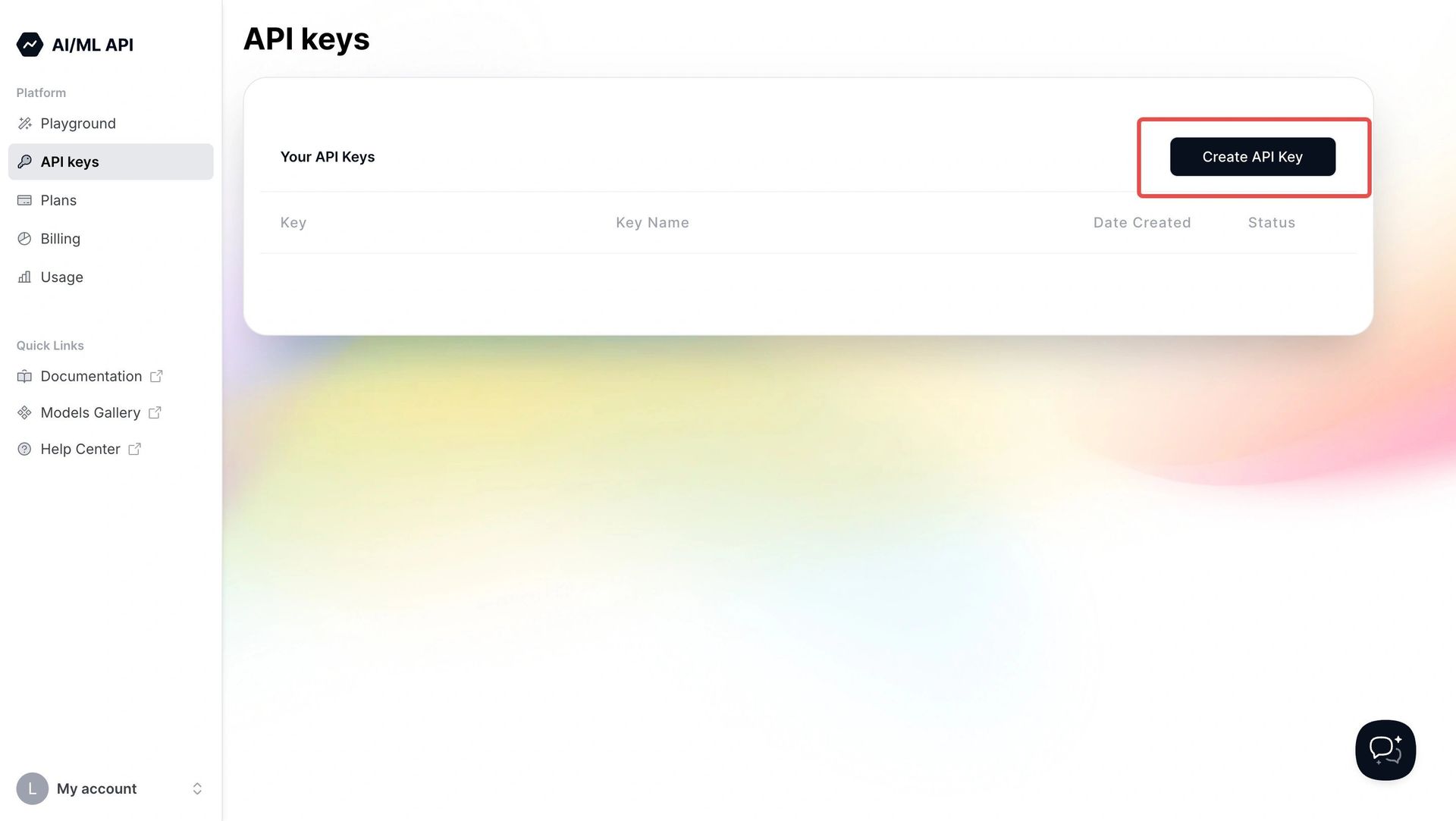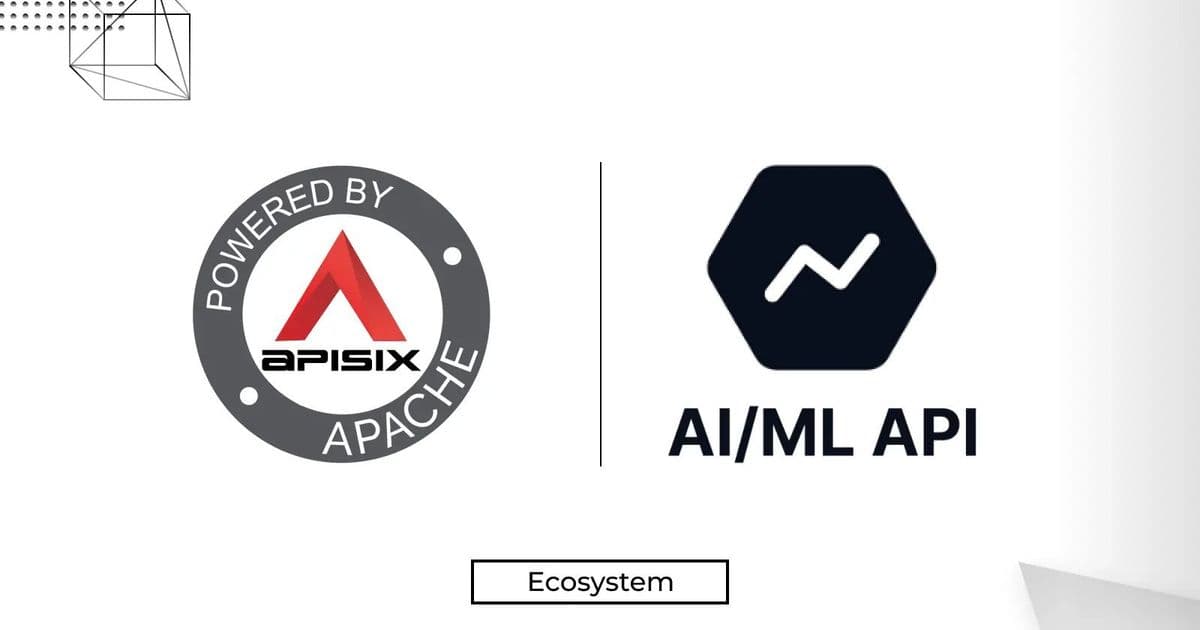Learn how to implement sophisticated traffic splitting for AI APIs using Apache APISIX, enabling seamless version migrations and canary testing. This step-by-step guide covers security hardening, weighted distribution, and observability for modern AI workloads.
The API Gateway Evolution: Taming AI Traffic with Apache APISIX

As AI adoption explodes, developers face unprecedented challenges in managing API traffic across rapidly evolving models. The Apache APISIX gateway emerges as a critical solution for orchestrating complex AI workloads, enabling sophisticated traffic control between API versions with surgical precision. This technical walkthrough demonstrates how to implement production-grade load balancing for AI services.
Why Traffic Splitting Matters in AI Ecosystems
Modern AI deployments demand more than simple round-robin distribution:
- Version Rollouts: Safely migrate between GPT-4 and newer models
- A/B Testing: Validate performance of Claude 3 vs. Mistral endpoints
- Zero-Downtime Updates: Shift traffic during model retraining cycles
- Failure Containment: Isolate problematic API versions instantly
"Traffic splitting transforms API gateways into AI orchestration engines. APISIX's dynamic routing allows real-time experimentation that's crucial for ML ops." - API Infrastructure Engineer
Implementation Blueprint: From Security to Validation
1. Fortress Foundations: Securing the Control Plane
Before routing traffic, lock down APISIX's Admin API:
# config.yaml critical security settings
apisix:
admin_key_required: true
admin_key:
- name: admin
key: 7x!A2Df5*9z$C1vBnM@q8t#wE (32+ char secret)
role: admin
admin:
allow_admin:
- 192.168.1.0/24 # Production management CIDR
- 10.10.0.2/32 # CI/CD pipeline IP

Security Tip: Rotate keys quarterly and never use 0.0.0.0/0 in production.
2. Traffic Surgery: The Split Plugin in Action
APISIX's traffic-split plugin enables weighted distribution:
{
"plugins": {
"traffic-split": {
"rules": [
{
"weight": 50,
"rewrite": {"uri":"/v1/chat/completions"}
},
{
"weight": 50,
"rewrite": {"uri":"/v2/chat/completions"}
}
]
}
}
}
Real-World Use: Adjust weights dynamically during canary releases via Admin API.
3. Validation & Observability
Confirm distribution accuracy with load testing:
# Send 1000 test requests
seq 1000 | parallel -j 20 curl -s -o /dev/null \
-H "Authorization: Bearer AIML_KEY" \
-X POST http://localhost:9080/chat/completions
# Monitor upstream distribution
apisix_http_requests_total{route="aimlapi-split",upstream="v1"}
apisix_http_requests_total{route="aimlapi-split",upstream="v2"}
Pro Tip: Integrate Prometheus metrics for real-time dashboards instead of log scraping.
Beyond Basic Splitting: Production-Grade Enhancements
Scale your implementation with:
- Rate Limiting - Protect AI backends from traffic spikes
- Circuit Breaking - Automatically quarantine failing endpoints
- JWT Authentication - Layer security with
key-authplugin - Infrastructure as Code - Manage via Kubernetes CRDs for reproducibility
The API Gateway as AI Orchestrator
This configuration transforms APISIX from a simple proxy to an intelligent traffic conductor. By mastering these techniques, teams gain:
- Risk-free experimentation with next-gen AI models
- Quantifiable performance comparisons between providers
- Graceful degradation during model updates
- Unified control plane for multi-vendor AI services
The future of AI deployment isn't just about building models—it's about architecting resilient delivery systems. APISIX provides the traffic management backbone that turns experimental AI into production-ready services.
This article is based on the original guide from the Apache APISIX blog.

Comments
Please log in or register to join the discussion